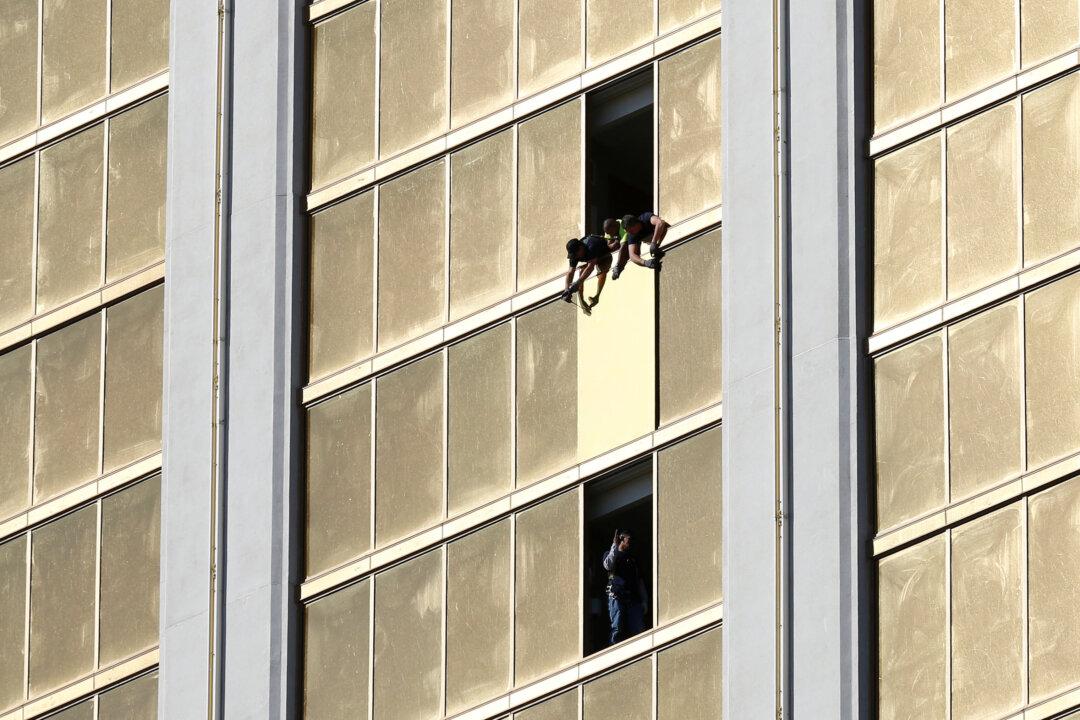What will become of the now-notorious Las Vegas hotel suite that a 64-year-old retiree used to stage the deadliest mass shooting in modern U.S. history?
That is the difficult decision facing the Mandalay Bay Resort and Casino a week after Stephen Paddock opened fire on a crowd at an outdoor concert from room 135 on the hotel’s 32nd floor, killing 58 and injuring more than 500.
The suite’s shattered gold-tinted windows are now discreetly covered over. The resort, owned by MGM Resorts International (MGM.N), has yet to say what it will do with the space.
The challenge is particularly difficult for a hotel in Las Vegas, a place where visitors go to escape everyday lives and real-world problems.
“How do they navigate the fact that this happened in their hotel?” said Andrea Trapani, managing partner at Identity, a Detroit-area public relations firm that provides crisis communications for hospitality brands. “A lot of challenging tough questions and decisions are going to be made.”Officials facing similar decisions at the schools, churches and other places where mass shootings have taken place in recent years have gone in a variety of directions.
Some of the venues have been dismantled completely. Others, like the San Bernardino, California community center where a husband and wife killed 14 people in December 2015, have reopened, with officials saying that getting back to work helping people was integral to healing.
The Orlando, Florida nightclub where a gunman killed 49 people in June 2016, remains closed, and the owner plans to turn it into a memorial.





